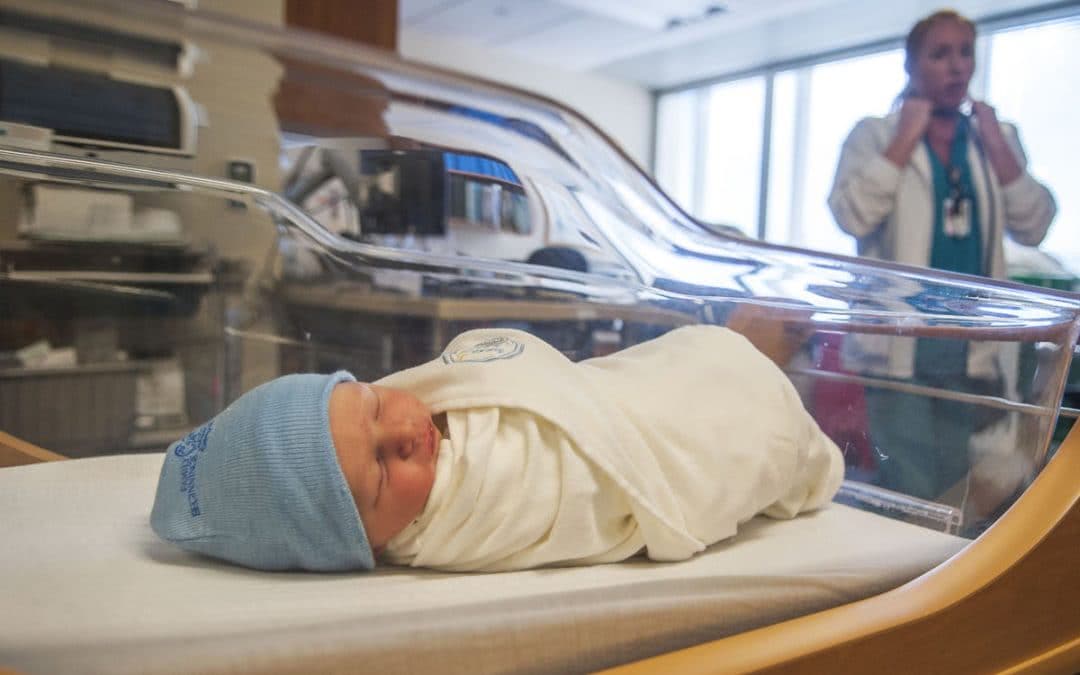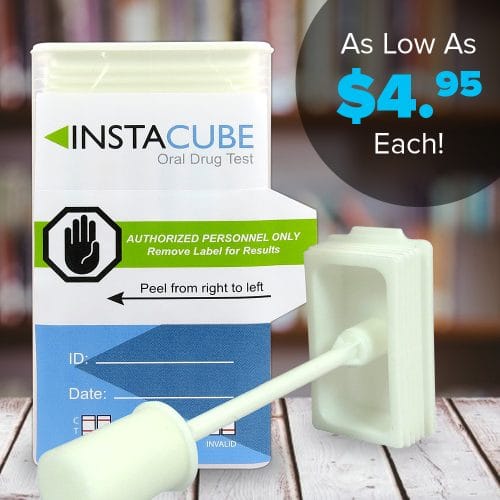A New York state senator has proposed controversial new legislation that would require some children under the age of three to undergo mandatory drug testing. The legislation was put forth by state Sen. Betty Little and would call fortesting on infants and toddlers whose parents were arrested for serious drug crimes. Little told local news outlet WTEN-TV, “We’ve spent some time formulating it with legal counsel, and we will introduce it in January.”
The state senator has pushed for several measures to increase drug treatment in Clinton County, including building and funding a detox center since most treatment centers won’t take patients until they’ve completed this process.
Because of an overall rise in opiate use across the country, many states are seeing an increase in babies born dependent on drugs. Massachusetts reported that 1,300 babies in the state were born with neonatal abstinence syndrome in 2012, which stems from withdrawal symptoms to opiates such as heroin or prescription drugs including oxycodone. Several hospitals in the state also reported double or triple the number of drug-dependent babies in 2013 compared to 2012.
However, infant drug testing for some substances can be unreliable. A 2012 study, published in the journal Clinical Chemistry, showed drug testing for marijuana exposure on infant babies produced numerous false-positives. Researchers at the University of Utah found that household products and different soaps can cause false positive results in immunoassay drug tests, leading them to advise that these results “should not be reported” without additional testing and follow-up by social workers and hospital staff.
Tennessee even took the drastic measure of implementing a so-called fetal assault law in 2014, which made it a crime to use drugs while pregnant. More than 100 women were arrested under the law, which was slammed by medical professionals as a deterrent for pregnant women to seek either drug treatment or prenatal care. A committee of state legislators voted in March to not extend the built-in expiration date of the law and it officially died in July. “This would have extended a dangerous and harmful law that has jailed pregnant women and new mothers who have used drugs, instead of working to ensure that they have access to effective treatment options,” said Allison Glass, direct of non-profit women’s group Healthy and Free Tennessee, in a statement. “We should never put our criminal justice system in the position of creating health policy.”
First Published on The Fix



